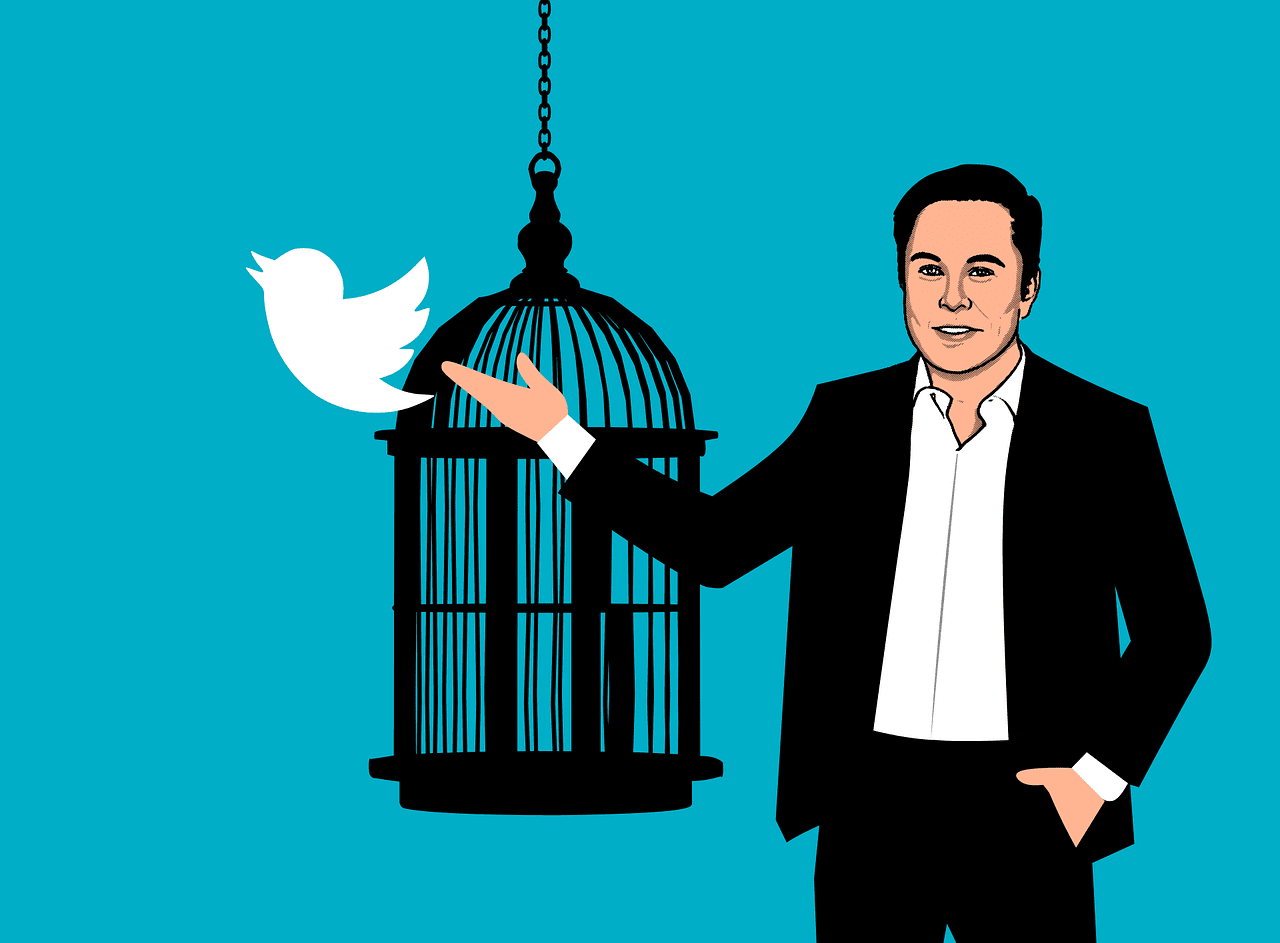Laid-Off Twitter Africa Staff Pursue Legal Steps Over “Shoddy Treatment”

Employees who were laid off at Twitter’s Africa office claim the company tried to “silence and intimidate” them after they were let go while “deliberately and carelessly flouting the laws of Ghana.”
The group has, according to the latest reports, retained legal counsel and written a letter to the firm requesting that it adhere to the labour rules of the West African country, give the team additional severance, and offer them other benefits that are appropriate, comparable to those that other Twitter employees have been offered.
According to a letter to the nation’s Chief Labour Officer that CNN was able to receive, they have also petitioned the Ghanaian government to order Twitter to “adhere to the laws of Ghana on redundancy and grant the employees a fair and just negotiation and redundancy pay.”
“It is clear that Twitter, Inc. under Mr Elon Musk is either deliberately or recklessly flouting the laws of Ghana, is operating in bad faith and in a manner that seeks to silence and intimidate former employees into accepting any terms unilaterally thrown at them,” the letter states.
Four days after opening a physical office in Accra, Ghana’s capital, having been a remote-only team since the birth of Twitter’s African operation, Twitter fired all but one of its African staff as part of the shake-up that trailed the Musk takeover.
However, based on their employment contracts, the staff of roughly a dozen claim that they were not provided with severance pay, which is required under Ghana’s labour regulations. They also claim that there was no communication to them about next steps until a day after their predicament garnered media coverage, contrasting how employees in the US and Europe were treated. Twitter did not respond to a request for comment as of the time of publishing.
The African employees claim in the letter to Twitter Ghana Ltd. that they rejected a “Ghana Mutual Separation Agreement” that Twitter sent to their personal emails, offering a final salary that the firm claims was reached following negotiation.
There was no such discussion about severance pay, according to a number of team members and their legal counsel who shared their thoughts on the situation. They assert that it was less than what was required by law and goes against what Musk tweeted about leaving employees would receive.
“Everyone exited was offered 3 months of severance, which is 50 per cent more than legally required,” Musk tweeted. Early in November, Twitter told its Ghana-based staff that they would continue to be paid through December 4, their last day of work. And throughout the 30-day notice period, they will continue to receive their full pay and benefits.
“It was very vague, did not talk about outstanding leave or paid time off, and just asked us to sign if we agree. I never bothered to go back to the document because it is rubbish and is still in violation of labour laws here,” one former employee told CNN on condition of anonymity.
The Accra-based team claims Twitter treated them unfairly, was opaque, and treated them unfairly in comparison to other laid-off workers in other jurisdictions.
“The employees are distressed, humiliated, and intimidated by this turn of events. There are non-Ghanaian employees, some with young families, who moved here to take up jobs and have now been left unceremoniously in the lurch, with no provision for repatriation expenses and no way to communicate with Twitter, Inc. and discuss or plead their case,” the notice to Ghana’s Chief Labour Officer says.
According to their lawyer, Carla Olympio, the abrupt termination of nearly the entire crew broke Ghanaian employment legislation since it was a “redundancy,” which calls for a three-month notice to the authorities and a discussion about redundancy pay.
“In stark contrast to internal company assurances given to Twitter employees worldwide prior to the takeover, it seems that little attempt was made to comply with Ghana’s labour laws, and the protections enshrined therein for workers in circumstances where companies are undertaking mass layoffs due to a restructuring or reorganization,” she wrote in a statement.
Twitter’s foray into the continent began with “much fanfare and with the assistance of the government,” the employees claimed in their appeal to Ghana’s Chief Labour Officer, and they expect the same level of attention to be given to their current issue.
Their demands include the vesting of stock options granted in their contracts, 3 months’ worth of gross salary as severance pay, repatriation costs for non-Ghanaian employees, and other perks like healthcare continuance that were provided to employees elsewhere.
Featured Image Credits: Rude Baguette